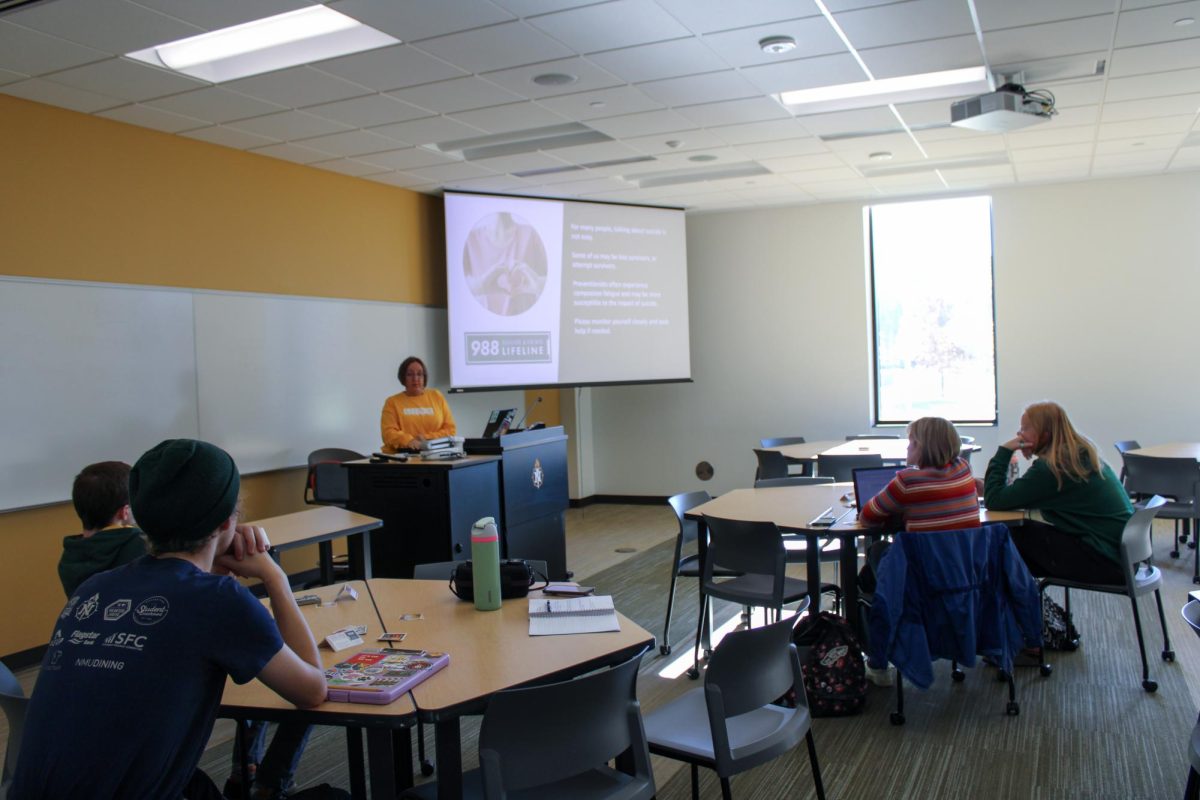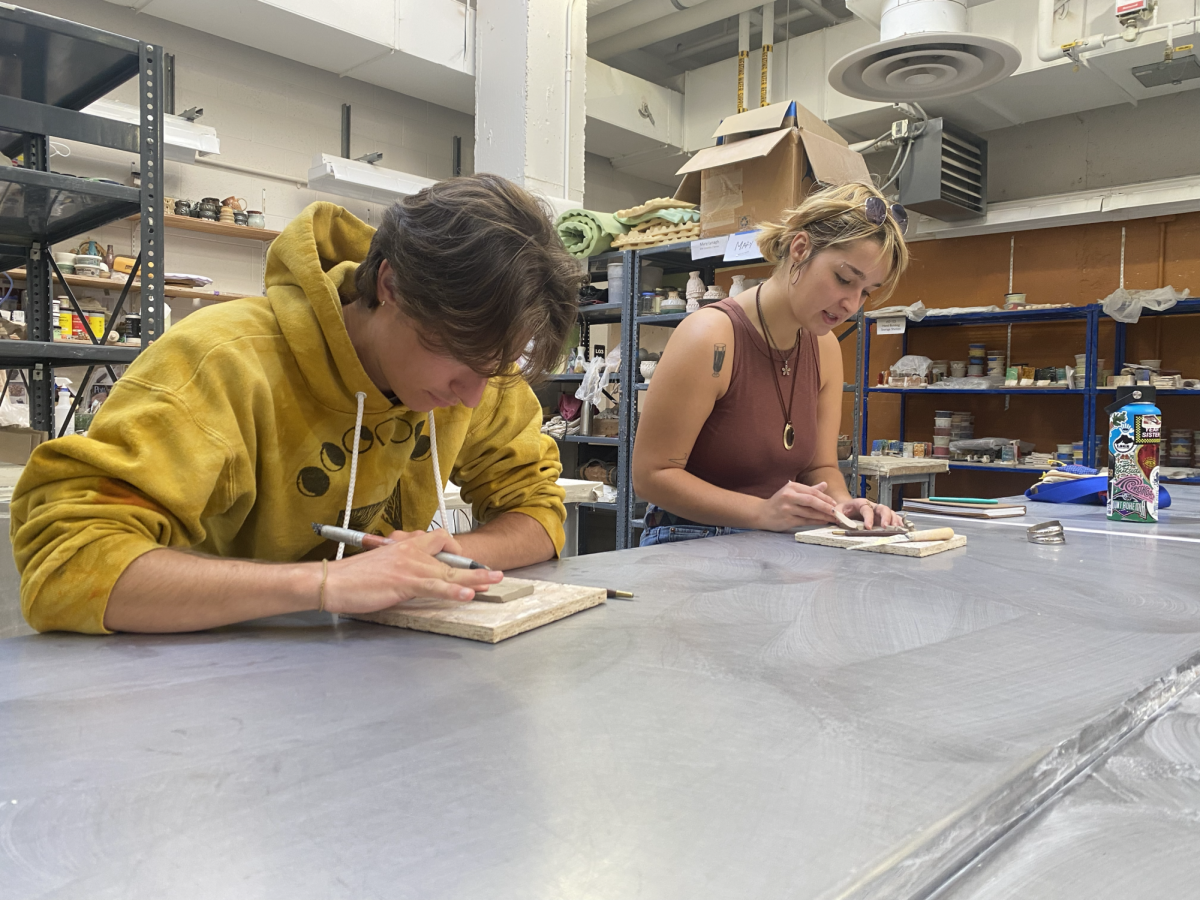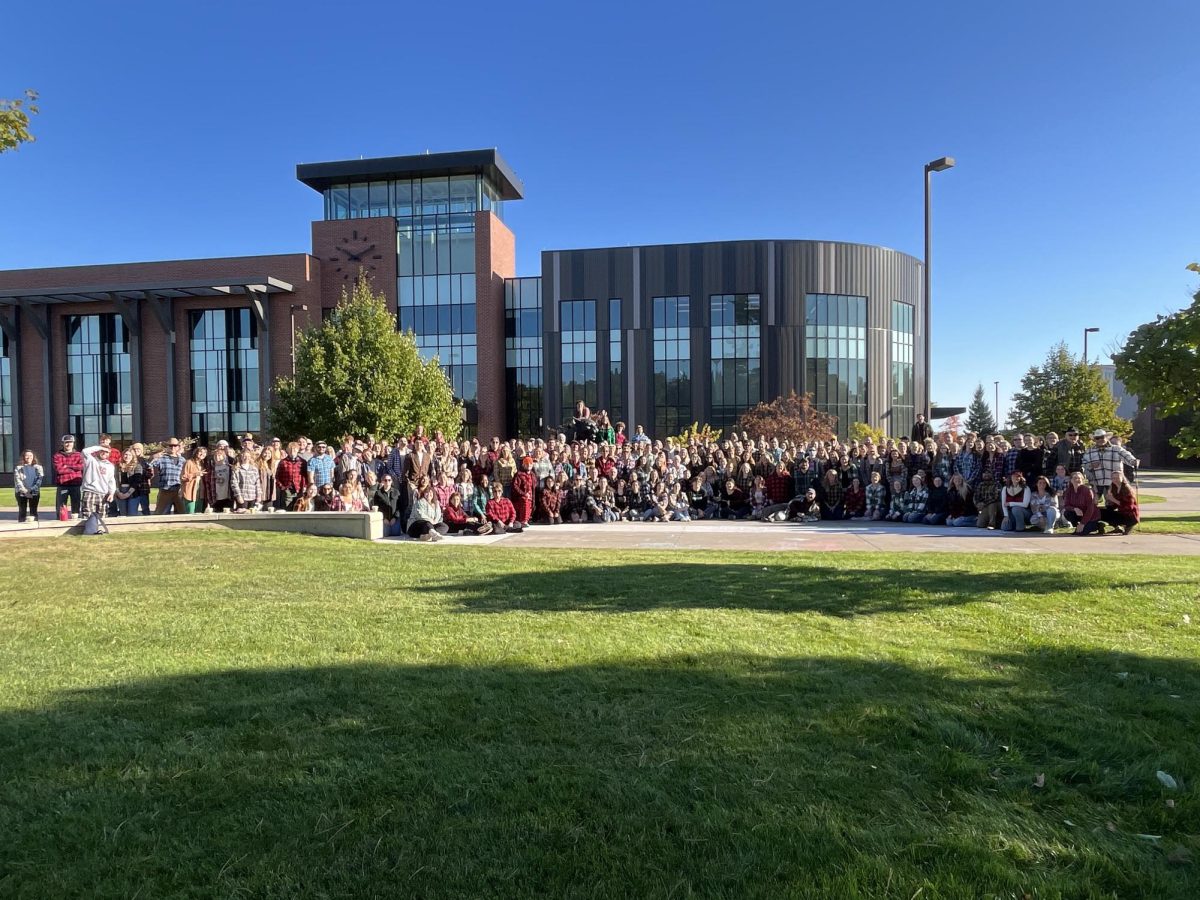Film to document the “re-enslavement” of black Americans after Civil War
February is Black History Month and in its honor the Multicultural Educational and Resource Center (MERC) is presenting a movie showing many of the unknown aspects often omitted in discussions about the history of slavery.
The movie is a documentary focusing on how slavery did not actually end with the Emancipation Proclamation.
Although slavery was outlawed, there were still loopholes in the amendment that made blacks subject to forced labor.
During the mid 1800s, many white Southerners were desperately trying to force blacks to work without pay.
They saw the freeing of blacks to be incredibly detrimental to industry.
Many Northerners, white and black alike, saw slavery to be immoral and so it was causing dispute between the early United States.
With the end of the Civil War and the passing of the 13th Amendment, blacks finally could live and speak freely.
The ability to live is finally within reach and likewise, must have been so wonderful for so many blacks to be able to declare themselves free men and women and not have to answer to another man or woman.
However, freedom did indeed come with a cost, as many of the major cotton states of the South suffered and the economy was in shambles.
The world was turned upside-down after the Emancipation Proclamation and poverty became even more widespread.
Congress eventually intervened and declared ‘Radical Reconstruction’ and this revolutionized opportunities for blacks.
This, however, also came with a cost, as southern whites became even more hostile towards blacks.
With the hostility also came new laws in the south that essentially criminalized free black men.
For example, Vagrancy Acts, which enabled charges to be held against those who had no job, and because a huge majority of blacks who had just been freed had no job, there were thousands of blacks arrested and put into forced labor that was used to further expand industry in the South.
Industrial giants like John T. Milner laid out railroads and expanded industry by replacing slaves with fugitives.
These fugitives were subject to incredibly harsh conditions like wet coal mines and the dusty and hot labor necessary to build railroads.
The worst part of it is that these men and women and often children were never paid, and this was after the Emancipation Proclamation, after the freeing of blacks.
“[Black History Month] was coined by a man who shares my name,” political science professor Carter Wilson said.
“Carter Woodson and Black History month is important because it is something that everybody should be aware of as a part of understanding not only the history of blacks, but the history of the United States.”
Andre Stringer, president of the Black Student Union, also stressed the importance of February.
“Black History month is important in this day and age because it gives us an opportunity to look back on things and see how far we’ve come,” Stringer said.
“Racial equality has made it possible for blacks to pursue higher education and I am grateful for that.”
Rachel Harris is the advisor of the Black Student Union and co-chair of the President’s Committee on Diversity.
“I appreciate Black History Month because it gives us a chance to honor all the people who have helped create positive change,” Harris said.
“Black history month is an opportunity to raise an awareness of the past. American history has excluded and marginalized African Americans in many areas. Many of their accomplishments have not been included in the history books.
Black History Month is important because we have made some progress but many of the same issues that people were fighting for in the 60s are still relevant now.”
The documentary, based on Douglas A. Blackmon’s book to the left, will show Friday, Feb. 6 at 1 p.m. in the Hedgcock Atrium.























